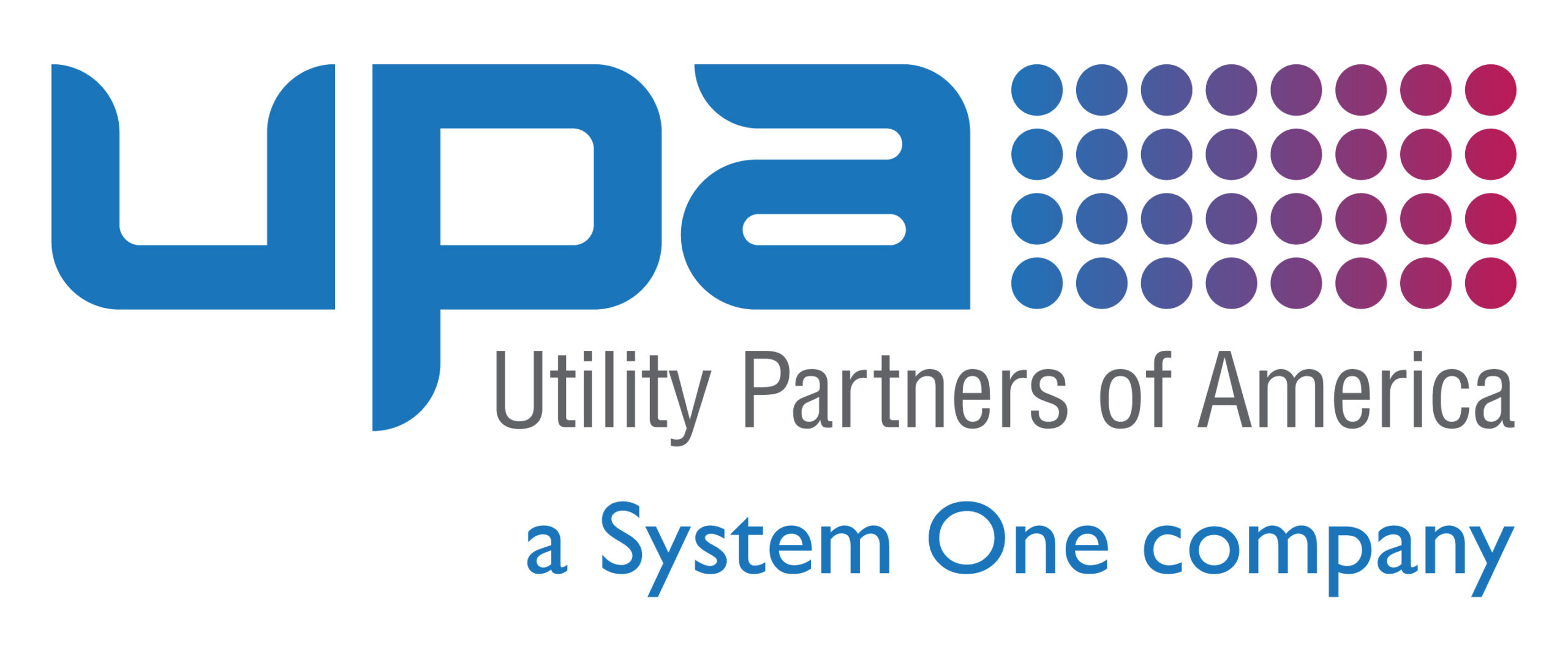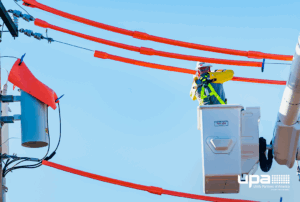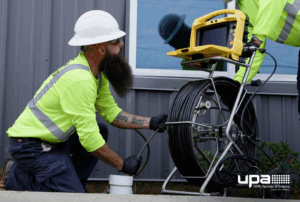In an ideal scenario, the installation of transformers, poles, fire hydrants, and gas utility lines that make up our utility infrastructure would go on without a hitch. Everything would operate as intended forever. While it’s true that equipment can run flawlessly, the odds of that actually happening are rare. Fragile parts that funnel electricity, pressure-packed water, and gas to our homes, businesses, and communities break down over time, and because of that reality, that utility companies should aim to inspect their assets regularly.
For many of these companies, the problem isn’t necessarily the willingness to accept that inspections are critical for longevity. It’s that they’re usually strapped for resources. Short on either time, trained professionals, or both, utility companies will turn to third-party vendors for help. If your company is one that’s struggling to meet the demands of inspection schedules and you’re considering outsourcing the work, here are some questions to ask yourself when vetting your future third-party inspections vendor.
Can the company handle a variety of tasks?
On the list of needs created by any utility company, versatility should be near the top. The key here is to find a vendor who can handle all phases of the process, beyond just technical inspection.
Are they trained and certified by appropriate authorities?
It’s hard to definitively say what credentials to look for since those will vary depending on the type of work the vendor is inspecting.
Before selecting a third-party inspections vendor, it’s critical that you complete due diligence. Check on the background of any vendor you’re reviewing. It’s hard to definitively say what credentials to look for since those will vary depending on the type of work the vendor is inspecting. There are standards to keep in mind. For example, oil and gas inspection personnel should be OQ (operator qualification) certified.
Related: Accountability is Everyone’s Responsibility
Are they using the proper tools of the trade?
If a craftsman is only as good as their tools, couldn’t you say the same about an inspector? In addition to scrutinizing a third-party company’s technical know-how, you should also evaluate how the company equips its technicians. Look closely at the vendor’s choices in inspection instrumentation and the software it uses throughout the process.
Related: SOPs: When to Change Them and How to Make Them Stick
Take the time to talk to each vendor about how often they upgrade these tools. Ask about the training methods they deploy to ensure technicians are using them correctly. Instruments and software platforms that are outdated are unlikely to provide you with accurate and precise reporting or documentation.
Through its inspection services, Utility Partners of America (UPA) assists utilities and energy providers in avoiding equipment breakdown and disrepair. From transformers to poles and a wide range of water and gas fixed and linear assets, UPA has in-depth knowledge of the various gear that companies need to protect. If you’re looking for a third-party inspections vendor, we’d love to talk about what we can do for you. Contact us today.




